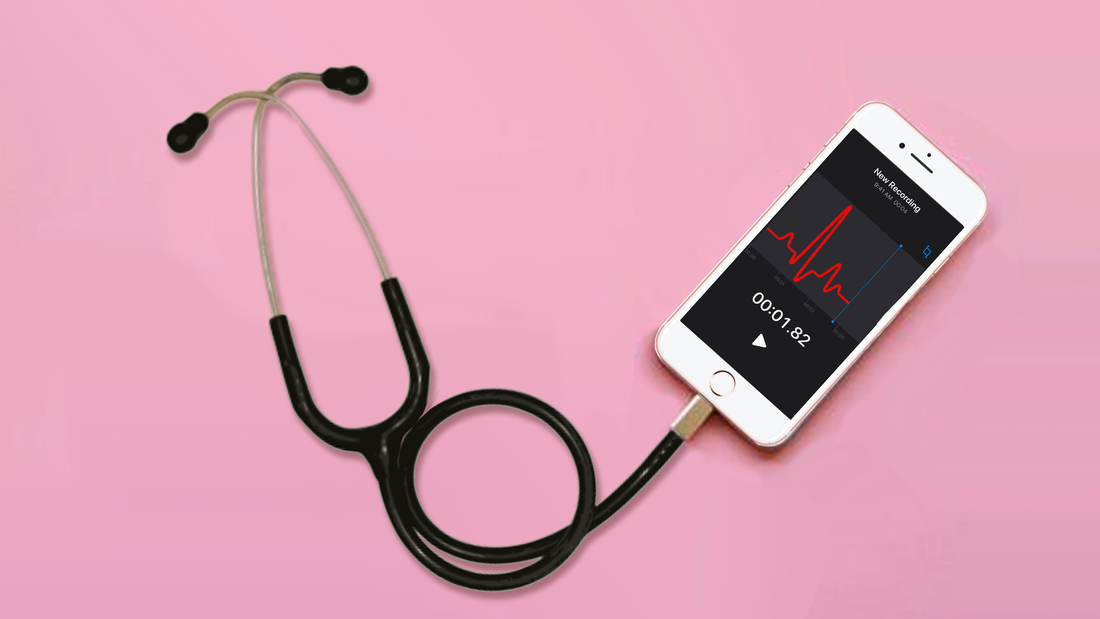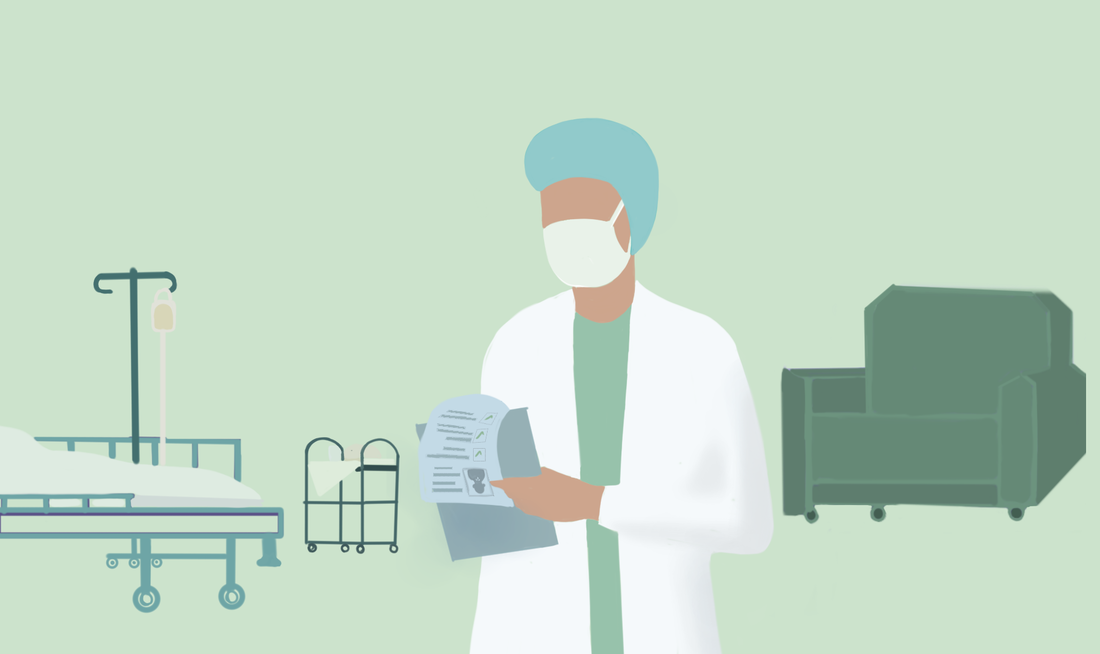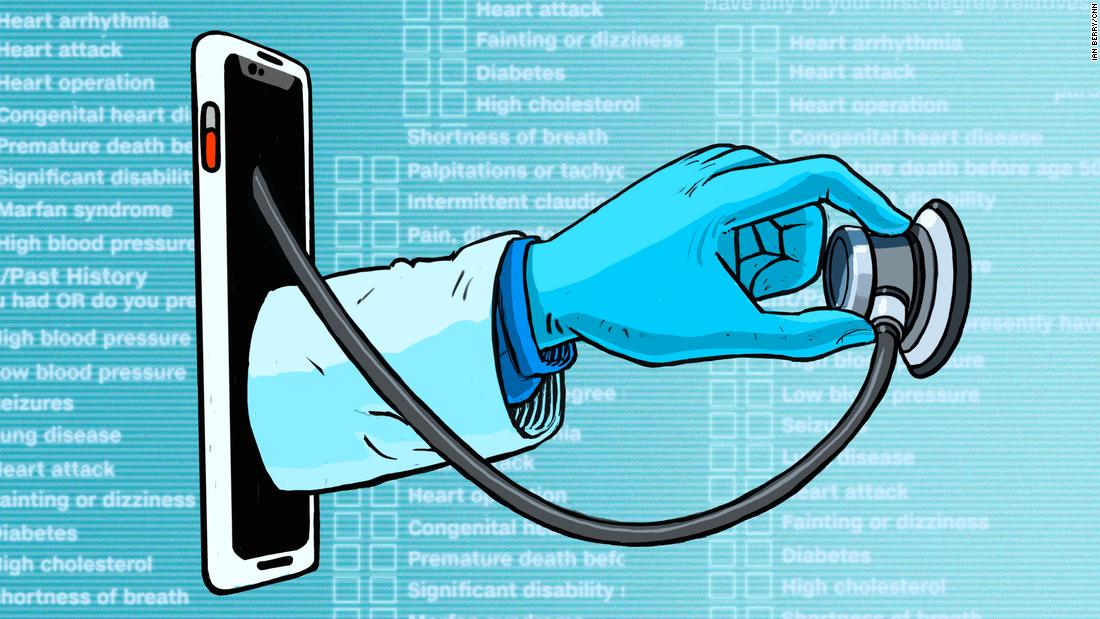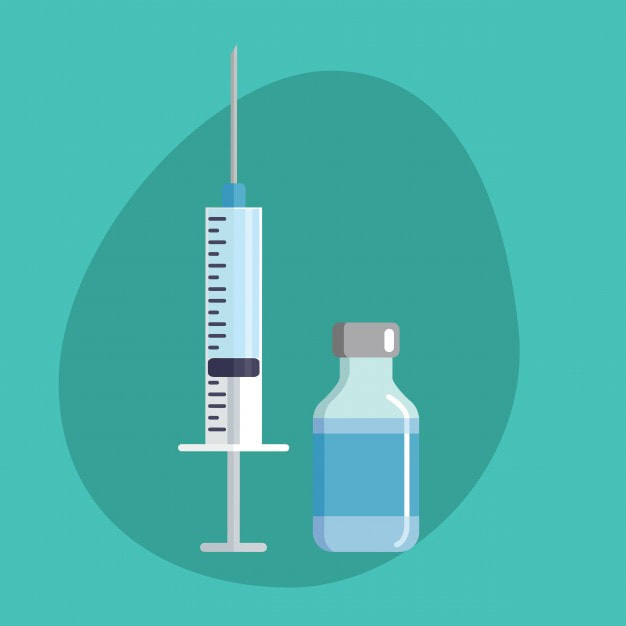|
By: Makena Binker Cosen (CC ‘21)
Could you please describe your COVID-19 research at the moment? We are looking at the impact of the COVID-19 pandemic on cancer care delivery. I’m a breast oncologist, so we are specifically working with breast cancer patients to better understand how their care has been impacted due to the pandemic — whether they have had surgeries cancelled, radiation delayed or experienced any other deviations from the current standard of care. From February 1st to the end of April, we collected information on all of our patients who are receiving infusions or injectable anti-cancer therapies or are new patients to our practice. We are now going through the data and starting analyses to evaluate how many of these patients experienced a delay in cancer care or a therapy change and what the reasons were. We are hoping to have that out soon. What do you expect to find through your study? What do you hope these results will contribute?
things. I also think it’s important to look to see if there are any disparities of care. Are patients of any race, ethnicity or insurance-type experiencing more impact on care than others? Was there a reason for that? If so, maybe we can come up with ways to do better in the future. Moving forward, it’s also nice to create a cohort of patients that we can follow-up on to study the long-term impacts of these delays. My guess is that they will probably be minimal since we provided our patients with good alternatives. When they couldn’t go to surgery right away, we were able to keep them safe with hormonal therapy in the interim.
How do you think the current pandemic will influence the way oncologists deliver cancer care in the future?
What challenges does telehealth present to physicians today? I’m not an expert in telehealth but, from my own personal experience, I think it’s a good tool to have in your toolkit for select patients who know how to operate the technology and where it makes sense to do so — for example, if you might not need a complete physical exam. Sometimes it’s hard to have good conversations on a screen, especially about end of life issues or important decisions. Just think of everyday life with your family: FaceTime calls and being together in-person are incomparable experiences. From a more practical side, telehealth is a little bit more resource-intensive. At a clinic, you have nurse practitioners, nurses, medical assistants, and administrators who can all help with the flow of getting patients in and making sure they aren’t waiting too long. Through telehealth, most of that falls on the physician. You can’t have a nurse practitioner or a nurse get started with the patient. It’s all you doing almost everything. That’s challenging. Some of the administrative tasks fall on the physician as well and that makes it harder to see the same volume of patients. Despite these practical issues, I do think it is a good tool to have and that it can get worked into how our clinical model currently works. I just don’t think it’s going to replace it completely.
From my anecdotal experience, what we’ve seen so far is better than what we expected following a nationwide study in China published by the Lancet. Essentially, the paper showed that patients with cancer were significantly more likely to die of COVID compared to other patients in China. It’s hard to assess because cancer is such a big continuum: some patients are getting active therapy; some patients are metastatic and at the end of life. It’s a lot of apples and oranges in those patients. What we’ve seen so far is, yes, it probably increases risk, especially those who are on immunosuppressive medications. However, I don’t think that the risk is as significant as we thought before. It’s important to follow good everyday hygiene and keep healthy habits that everyone should be doing, such as social distancing, washing hands, and wearing masks.
0 Comments
Your comment will be posted after it is approved.
Leave a Reply. |





